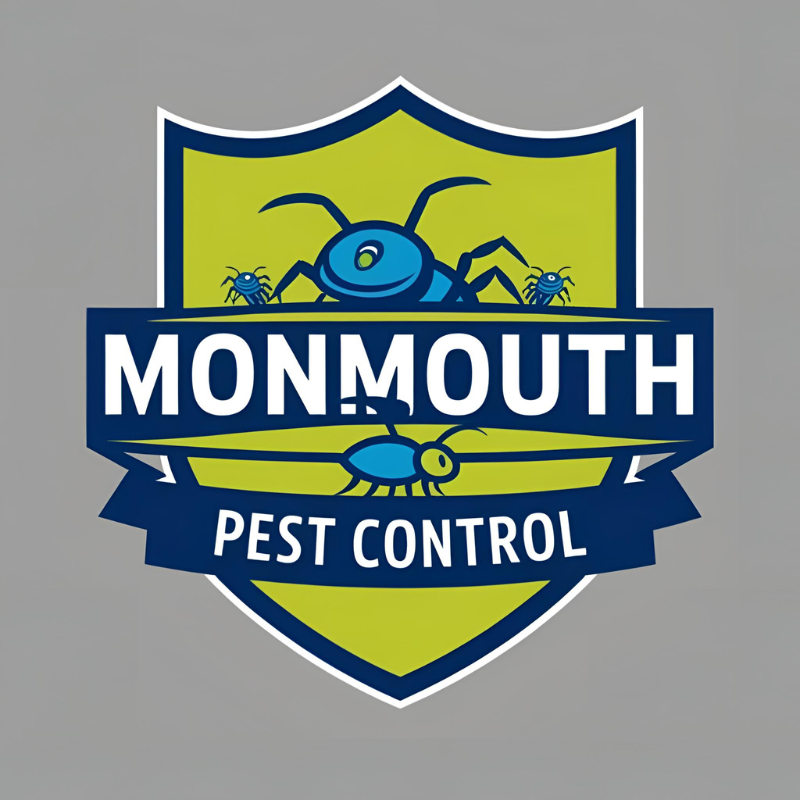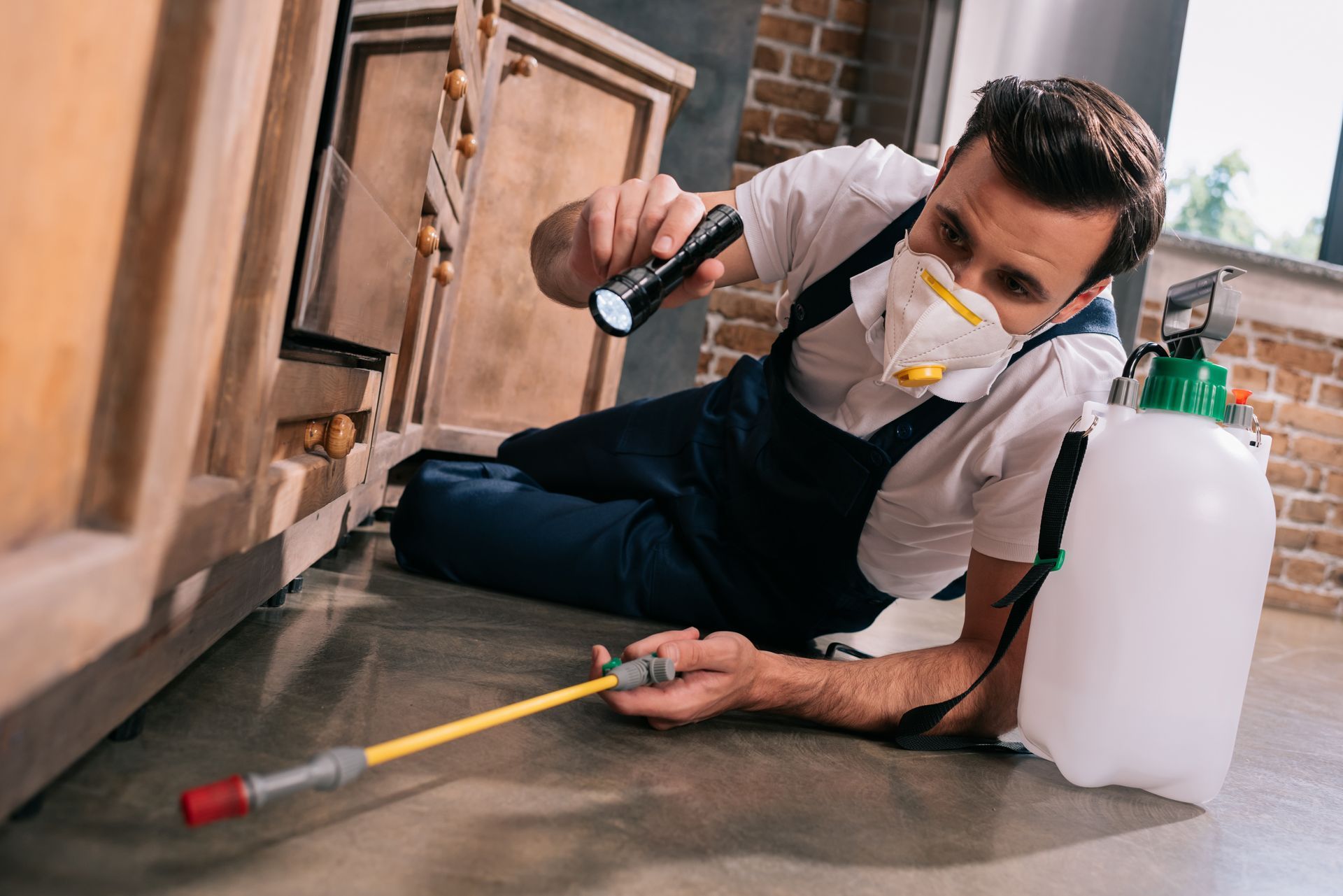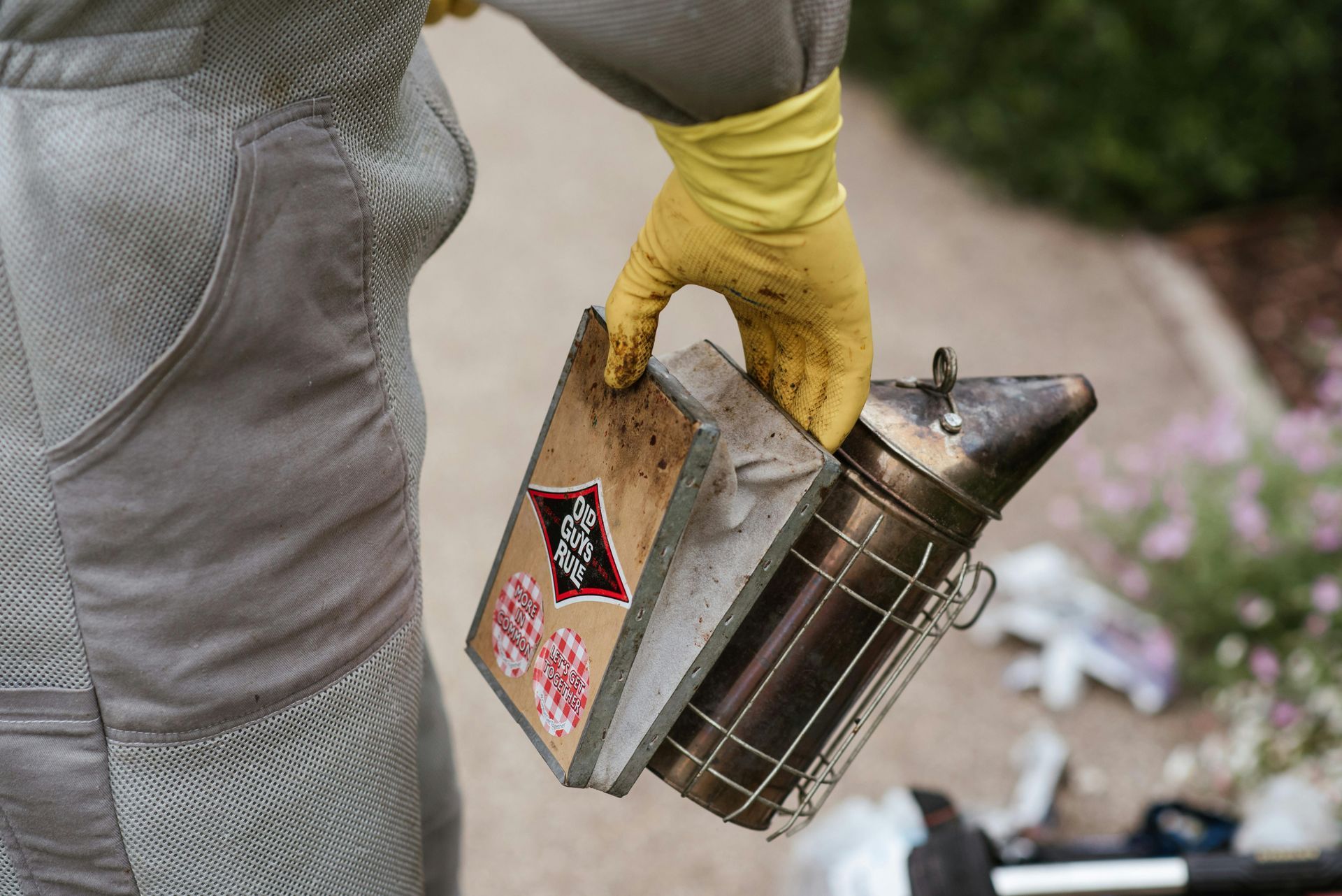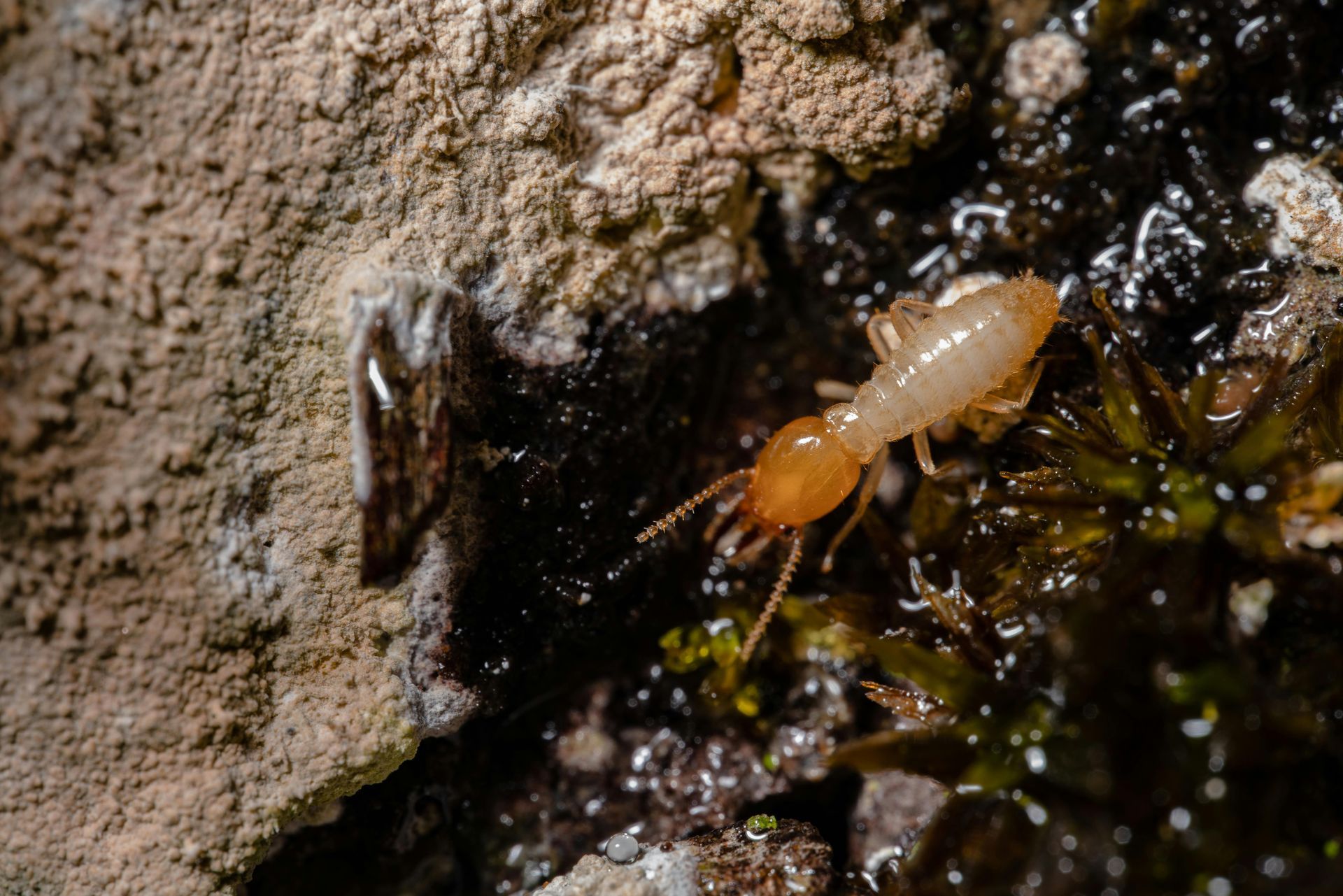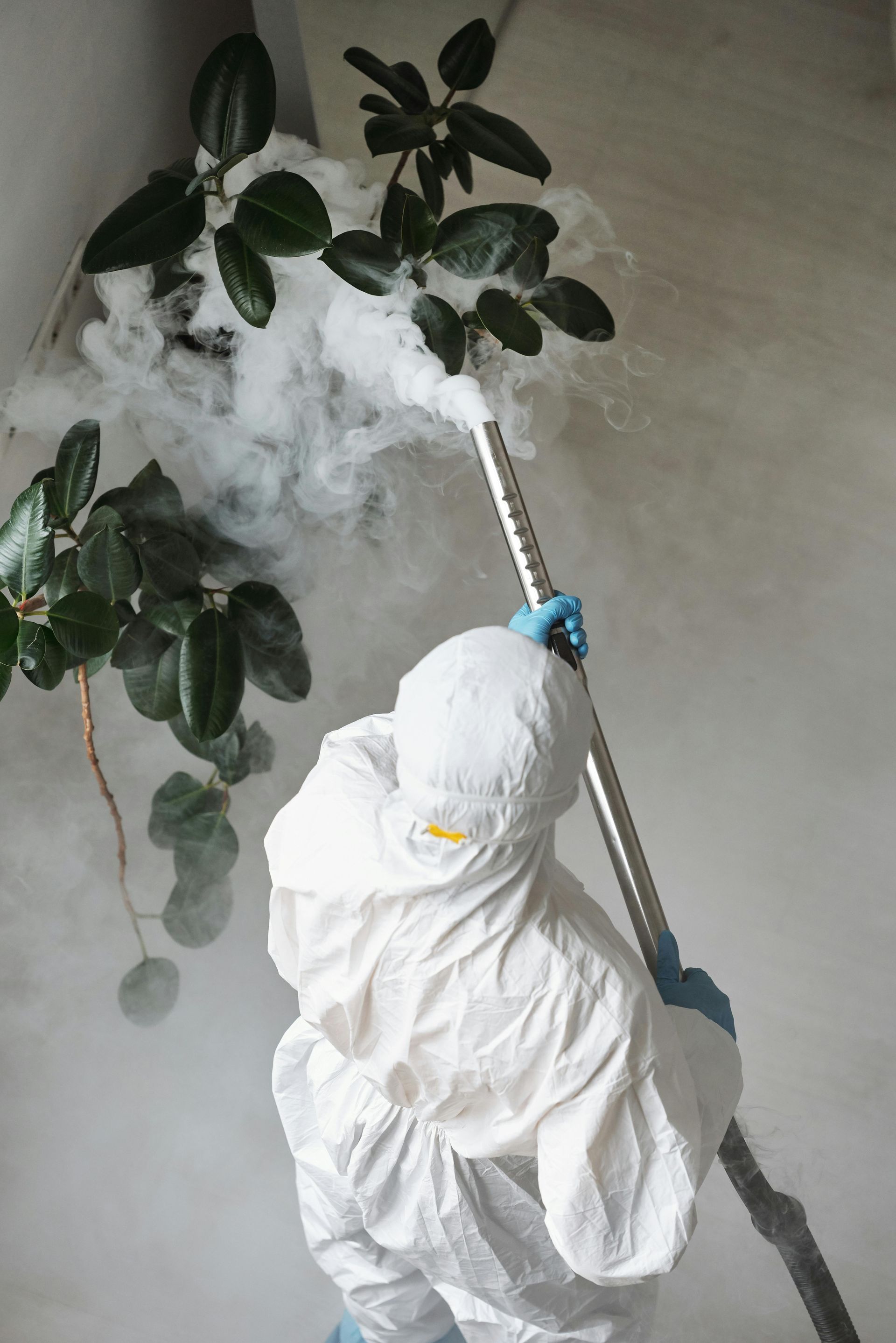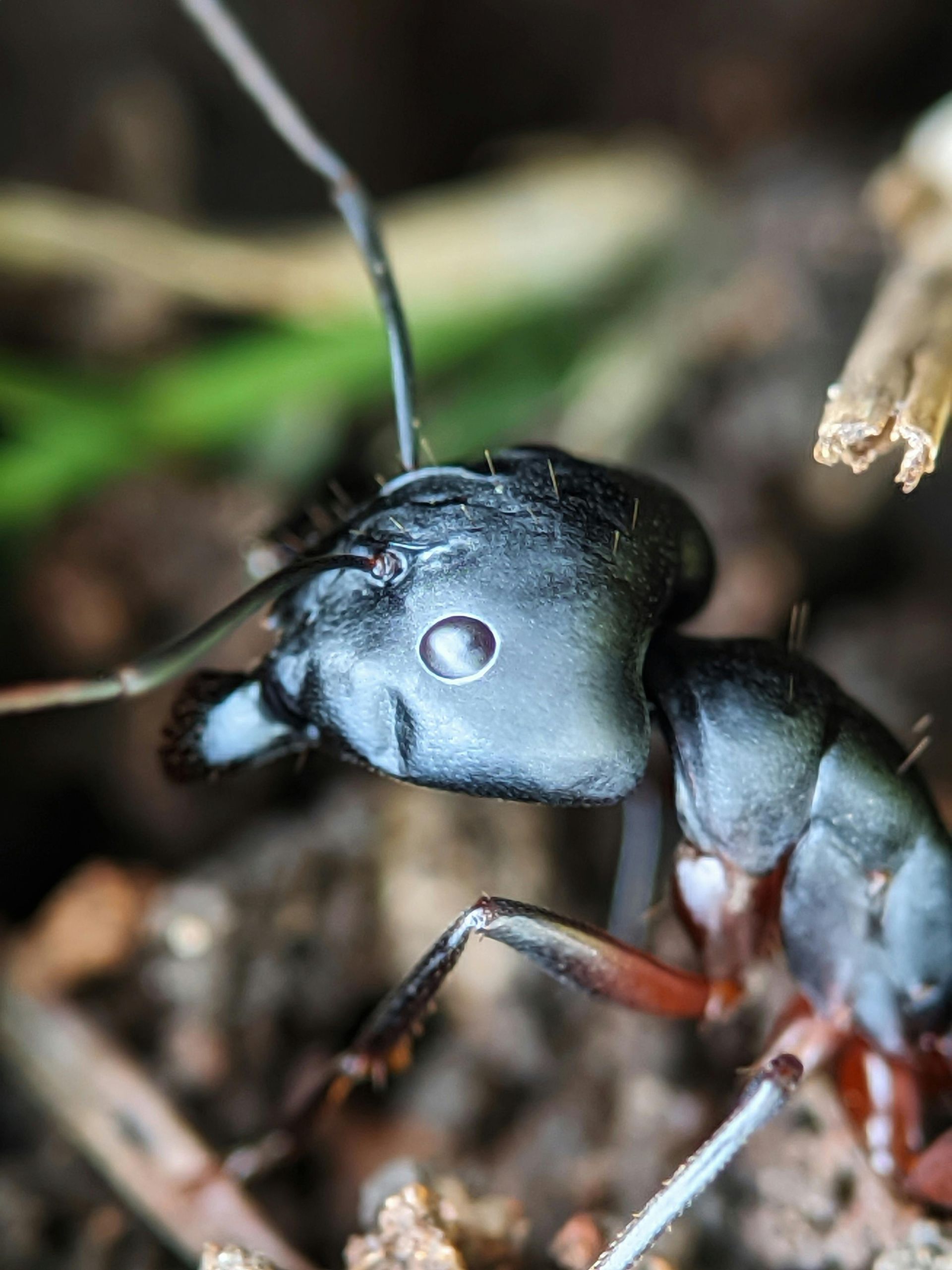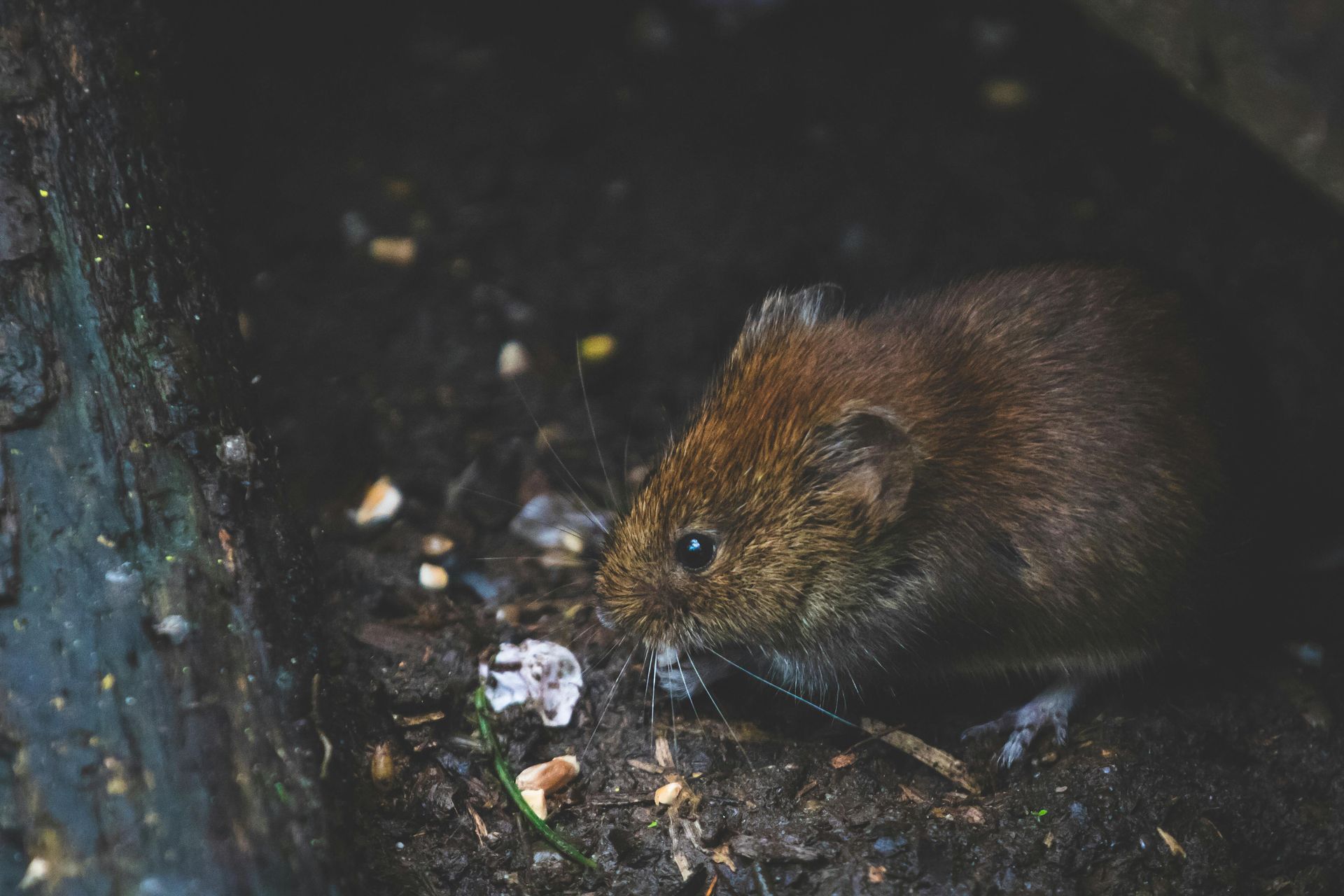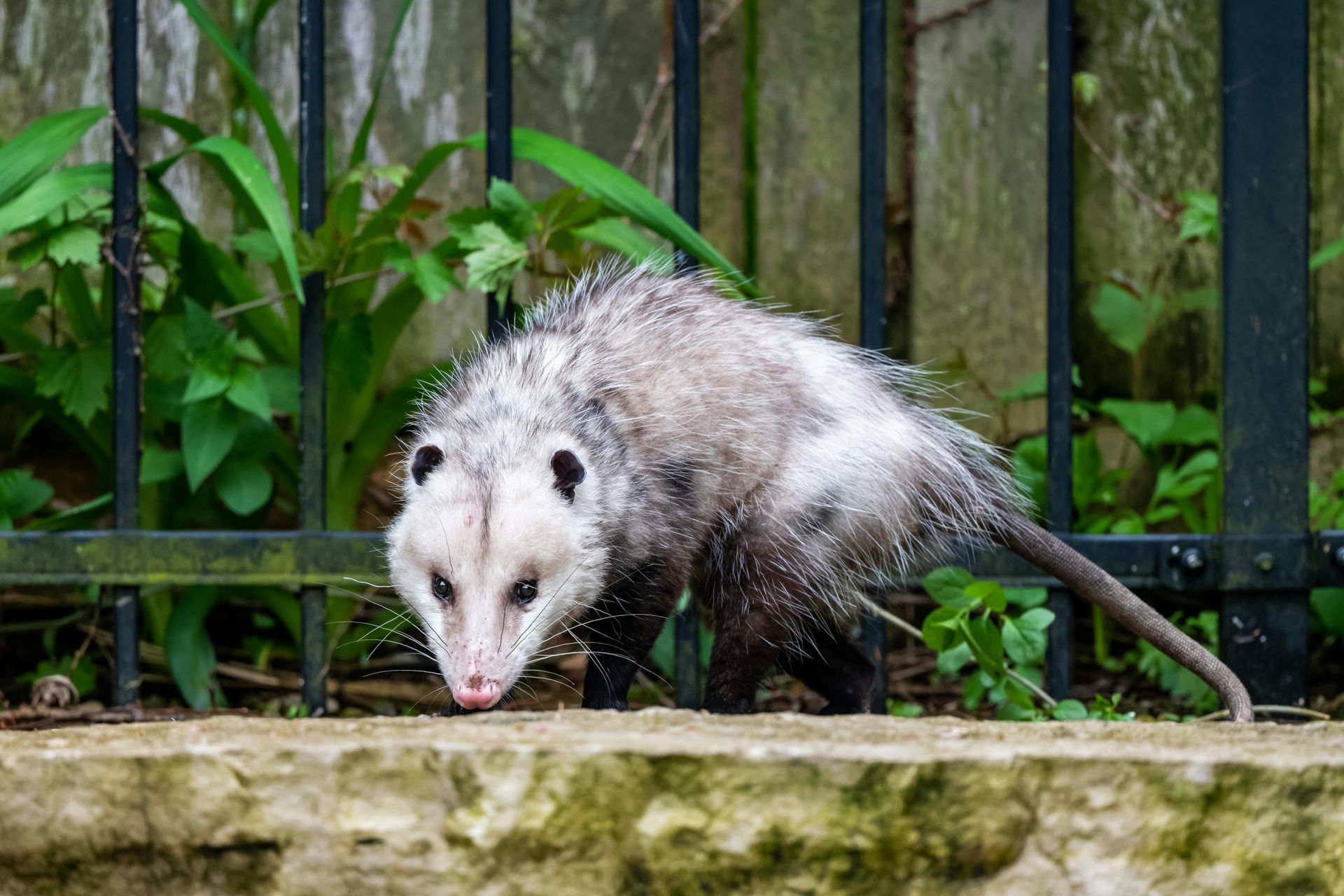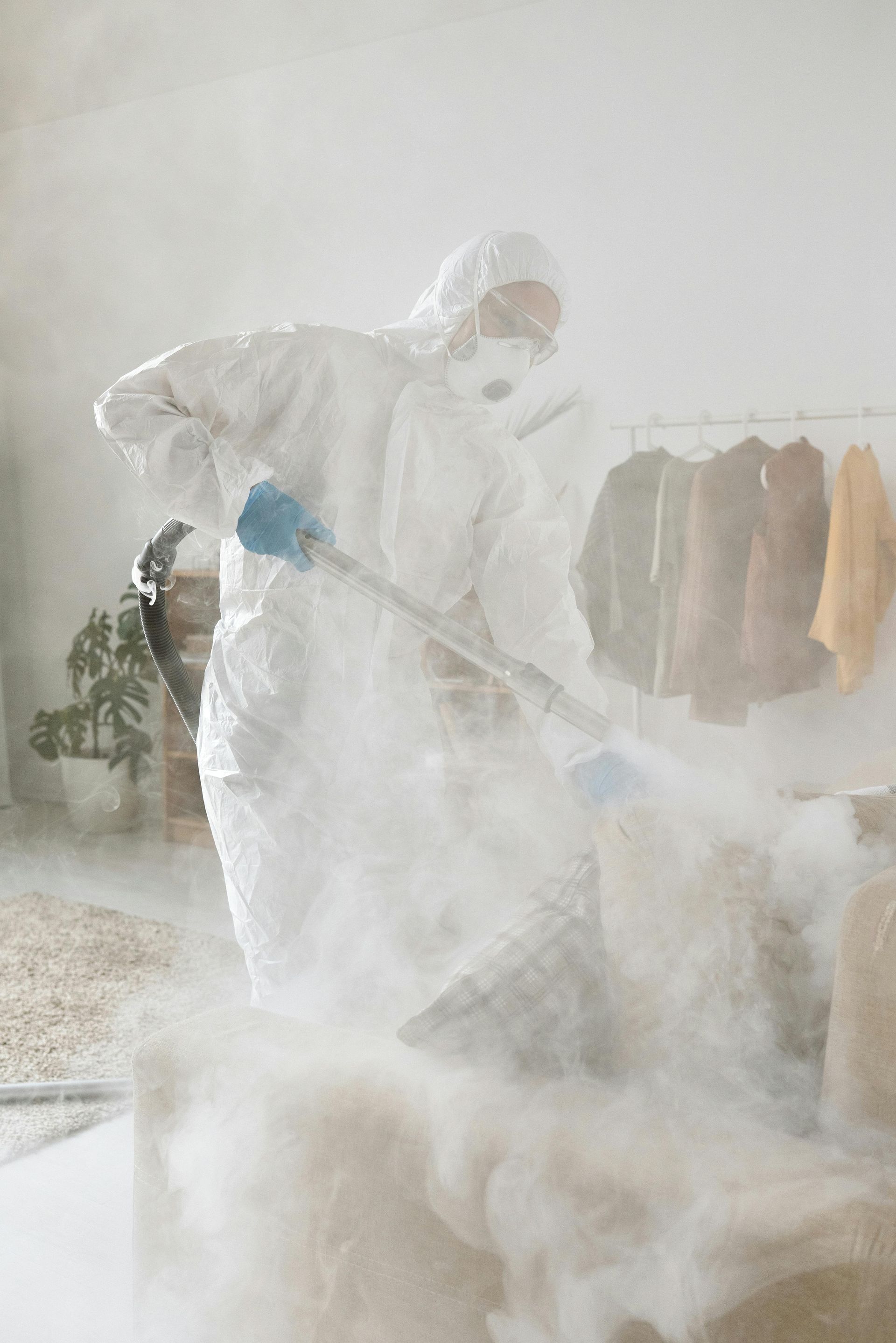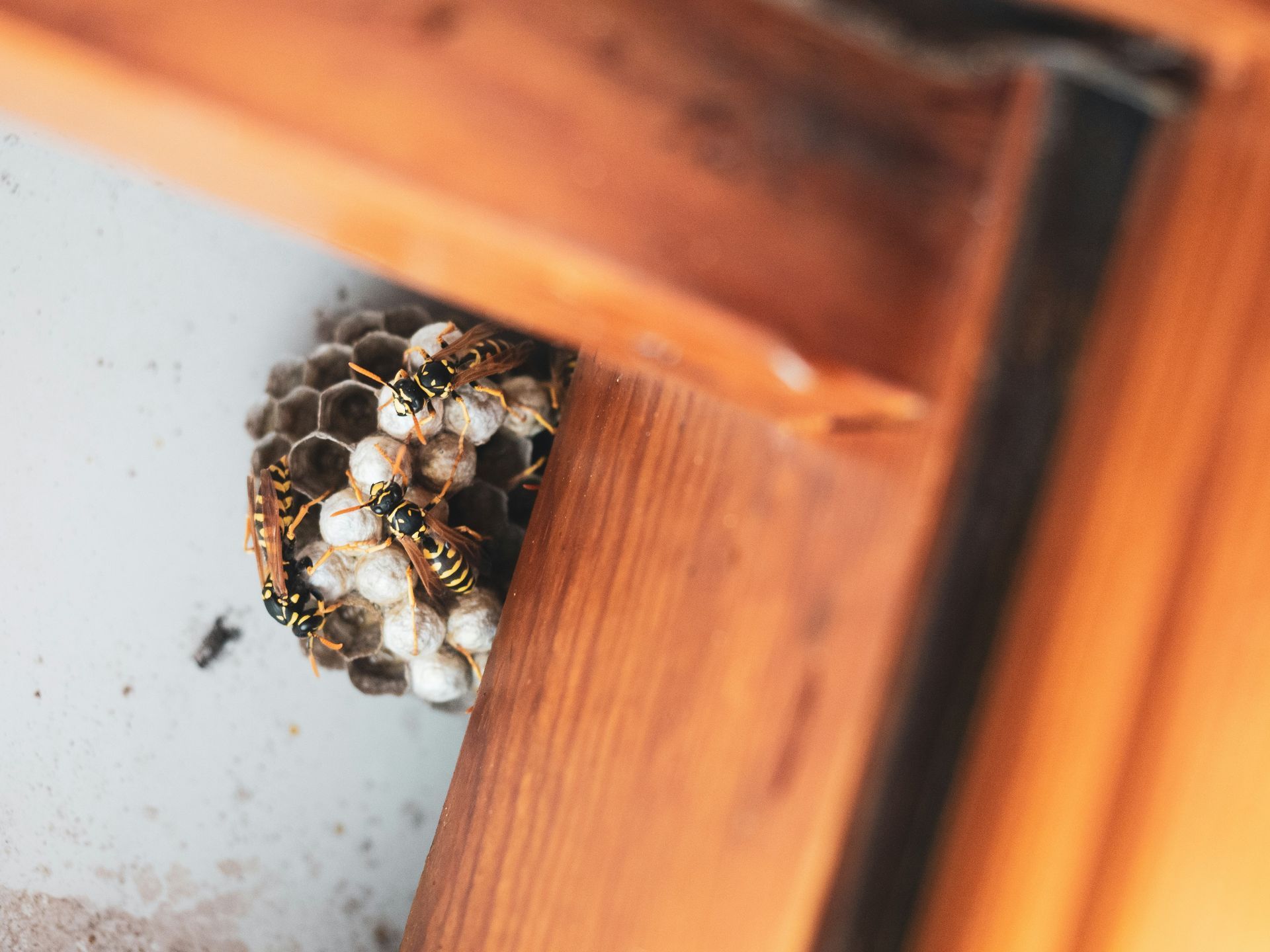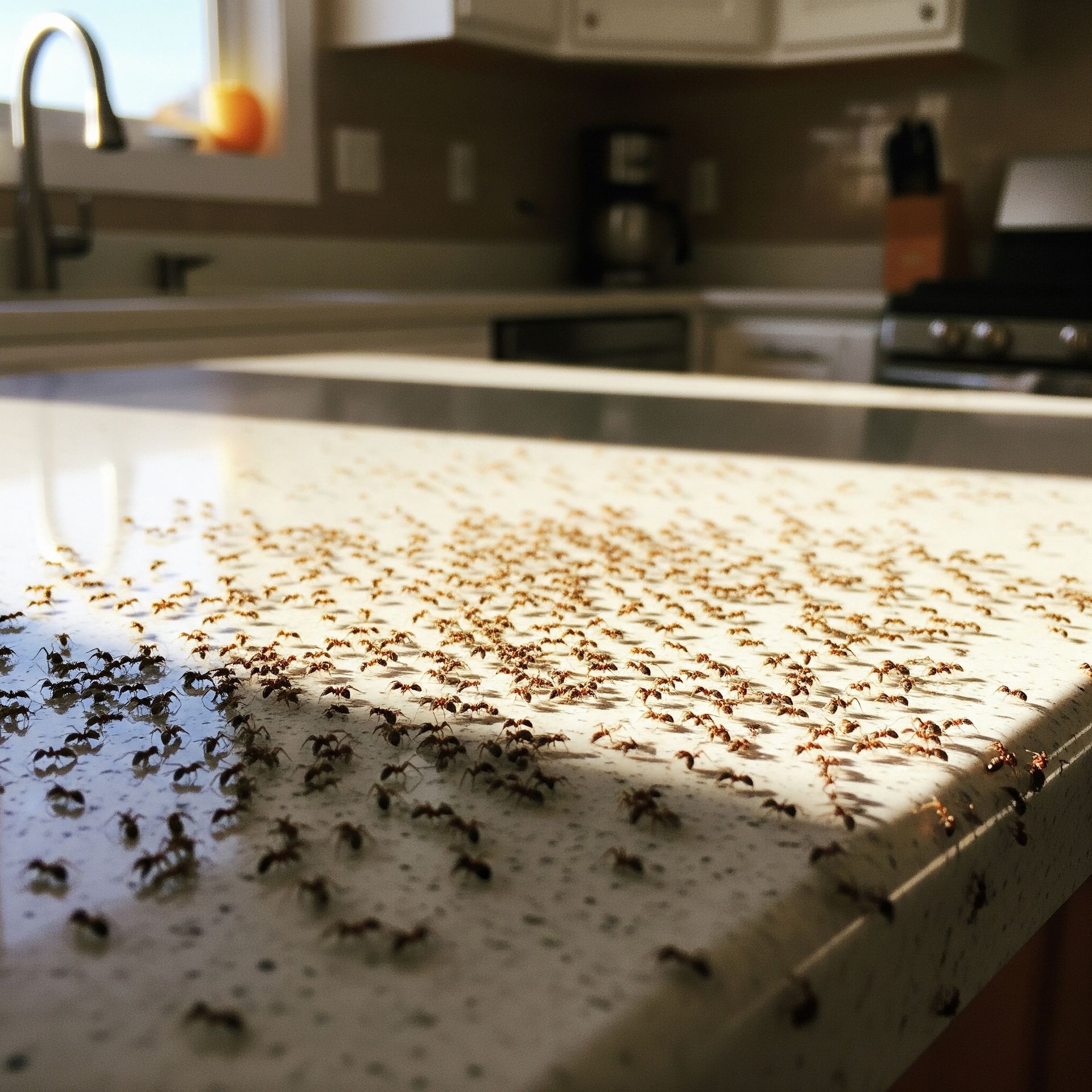The Hidden Dangers of DIY Pest Control Methods in NJ
Trying to handle pest control yourself in NJ might feel like a smart save, but it can backfire: think misused chemicals that hurt your family, pets, or even the environment. DIY fixes often just mask the problem, letting pests get sneakier and causing damage you didn’t bargain for. Plus, those homemade sprays might do more harm than good.
If pests keep coming back or things get tricky, knowing the signs and when to call in the pros can really save your sanity and your home. Keep this in mind, and you’ll be glad you did.
Key Takeaways
- Misidentifying pests in NJ homes can lead to ineffective DIY treatments and worsening infestations.
- Improper use of chemical pesticides risks health hazards like skin irritation and respiratory issues for families and pets.
- Overuse or misuse of pesticides may contaminate local soil and water, harming NJ’s environment and wildlife.
- DIY methods often provide temporary relief, failing to address underlying pest problems and causing recurring issues.
- Professional pest control ensures safe, effective treatment plans that protect health, property, and the environment in NJ.
Common DIY Pest Control Techniques Used in NJ
If you’re like most folks in New Jersey, you’ve probably tried a few DIY pest control tricks before. Maybe you’ve dabbled in natural remedies like peppermint oil sprays or sprinkled diatomaceous earth around your home to keep bugs at bay. These methods feel safe and eco-friendly, right? You might’ve even crafted homemade traps from jars and bait, hoping to catch those pesky critters without buying expensive chemicals. It’s kind of a rite of passage here, sharing tips and swapping stories about which remedy worked or flopped.
You want to protect your home and family, and these simple fixes seem like a good way to do it. But while natural remedies and homemade traps appeal because they’re easy and affordable, it’s smart to know their limits. Sometimes, what feels harmless can have unexpected effects, so it pays off to stay informed and careful with the tricks you choose.
After all, you’re not alone in this pest battle.
Risks of Misusing Chemical Pesticides at Home
When you’re handling chemical pesticides at home, using the wrong amount can cause more harm than good: too little won’t work, and too much can be dangerous.
You mightn't realize it, but even a small mistake can expose you or your family to harmful chemicals.
Improper Dosage Hazards
Since you’re probably trying to save money and handle pests yourself, it’s easy to think that pouring on more pesticide will get the job done faster. But here’s the thing: improper application and dosage miscalculation can actually make things worse. Using too much pesticide won’t just waste your money—it can harm your plants, pets, and even you.
On the flip side, too little won’t kill the pests, so they bounce right back. It’s like trying to cook without a recipe; if you guess wrong, the whole dish flops.
When you’re part of a community that cares about safe, effective solutions, following the label instructions matters.
Chemical Exposure Risks
Getting the dosage right is just one piece of the puzzle. When you handle chemical pesticides at home, you’re stepping into a world where chemical safety isn’t just a suggestion; it’s a must.
Misusing these chemicals can lead to harmful exposure for you, your family, and even your pets. You might think, “I’m just treating a few bugs,” but without following proper pesticide regulations, you risk skin irritation, breathing trouble, or worse.
Plus, those sneaky fumes can linger longer than you expect. Remember, these rules aren’t there to spoil your fun—they protect you and your loved ones.
Potential Health Hazards for Family and Pets
When you’re handling pest control chemicals yourself, it’s easy to forget they can be pretty toxic for your family and pets. Even small spills or leftover residue might trigger allergic reactions or worse, make your furry friends seriously sick.
Toxic Chemical Exposure
Although DIY pest control might seem like a quick fix, the chemicals you use can sneakily pose health risks to your family and pets. When you spray or spread those pest killers, toxic residue often lingers, and chemical buildup can happen over time without you even noticing. This isn’t just about bugs; it’s about everyone in your home.
Here’s what you might be up against:
- Your kids or pets might touch contaminated surfaces and absorb harmful chemicals through their skin.
- Airborne particles can cause breathing problems or irritate sensitive lungs.
- Accidental ingestion happens more than you think, especially with curious little ones or pets sniffing around.
You want to keep your home safe and cozy, but these hidden dangers show why calling a pro might be the smarter move.
Allergic Reactions Risks
Although you might think a quick spray will solve your pest problem, those chemicals can stir up allergic reactions for your family and pets. When you use DIY pest control products, you risk triggering allergy symptoms like sneezing, itchy eyes, or even skin rashes. Your immune response might go into overdrive, mistaking harmless substances for threats.
It’s not just people; pets can react too, and they can’t tell you when something feels off. You want your home to be safe and cozy, not a battleground for unexpected allergies.
Pet Poisoning Dangers
Since your furry friends can’t exactly read warning labels, using DIY pest sprays around the house can accidentally turn into a toxic trap for them. You want to keep everyone safe, so here’s what to watch for regarding pet safety and poisoning symptoms.
- Unusual behavior: If your pet suddenly acts lethargic, dizzy, or restless, it could be a sign of poisoning.
- Drooling or vomiting: Excessive drooling, vomiting, or diarrhea often means something’s wrong.
- Tremors or difficulty breathing: These are serious symptoms needing immediate vet care.
Environmental Impact of Improper Pest Treatments
When you tackle pest control on your own without the right know-how, you mightn't realize how much it can mess with the environment around you.
Spraying harsh chemicals might seem like a quick fix, but it can lead to pesticide runoff, which seeps into your garden soil and nearby water sources. This runoff doesn’t just disappear; it harms friendly bugs, birds, and even plants that you want around. It’s like accidentally inviting trouble to your backyard party. Instead, you and your neighbors can choose eco-friendly alternatives that protect your home and the planet.
These options are kinder to the environment and reduce the risk of poisoning local wildlife. Plus, when you go green, you’re joining a community that cares about keeping New Jersey’s nature safe and thriving.
Why DIY Methods May Fail Against Persistent Pests
You’ve probably grabbed a bug spray or set a trap, thinking you’ve got the pest problem handled. But here’s the thing—DIY methods often fall short when pests keep coming back. Why? It usually comes down to a few key reasons:
- Ineffective traps: Those store-bought traps might catch a few bugs, but they don’t always target the root of the problem or the entire pest population.
- Limited knowledge: Without knowing your enemy’s habits and hiding spots, it’s easy to miss critical areas where pests thrive.
- Persistent pests: Some critters are just too clever and tough to be scared off by quick fixes.
You’re definitely not alone in trying to handle it yourself, but sometimes, these methods only give pests a chance to regroup and come back stronger. It’s like trying to patch a leak with tape: it might hold for a bit, but the problem’s still there.
Signs You Need Professional Pest Control Assistance
Even if you’ve tried your best to handle pests on your own, there are clear signs that it’s time to call in the pros. Sometimes, those little critters don’t want to play fair, and spotting trouble early can save you a headache. If you’re identifying pest infestations and notice signs of damage that just won’t quit, that’s your cue.
Here’s a quick guide to help you spot when it’s time to get expert help:
| What You See | Why It Matters |
|---|---|
| Recurring pest sightings | Indicates infestation isn’t under control |
| Chewed wires or wood | Serious signs of damage that can be costly |
| Strange odors or droppings | Points to hidden pest activity |
| DIY methods failing repeatedly | Shows pests are outsmarting your efforts |
Benefits of Hiring Licensed Pest Control Experts in NJ
Since pest problems can get pretty tricky, hiring licensed pest control experts in NJ really pays off. You get access to expert knowledge that DIY just can’t match, plus they focus on long-term solutions instead of quick fixes.
Here’s why bringing in the pros feels like a smart move:
- They know exactly what pests you’re dealing with and how to tackle them without wasting time or money.
- Licensed experts use safe, approved treatments that protect your family, pets, and the environment—no guessing games.
- They create a plan to keep pests away for good, so you’re not stuck repeating the same battle every season.
Choosing licensed professionals means you’re joining a community of homeowners who value smart, effective pest control.
It’s not just about killing bugs—it’s about feeling secure and comfortable in your own space. Plus, it’s way less stressful than fumbling with DIY methods that might backfire.
Frequently Asked Questions
Can DIY pest control methods cause pest resistance over time?
Yes, if you rely too much on chemicals, pests can develop adaptation, making treatments less effective. Avoid chemical overuse by mixing methods, so you and your community protect your homes without encouraging resistant pests.
How do local NJ regulations affect DIY pesticide use?
Imagine maneuvering NJ’s maze of pesticide registration rules; local enforcement guarantees you follow strict guidelines. You’ll want to stay informed and connected with your community to safely and legally handle DIY pesticide use in your home.
Are natural pest repellents truly effective in NJ homes?
You’ll find that natural ingredients' effectiveness varies in NJ homes, so trying alternative repellent methods can help. Together, we can explore safe, eco-friendly options that protect your space and create a healthier environment for everyone.
What are the long-term costs of repeated DIY pest treatments?
Imagine you keep treating ants yourself, but they come back stronger. Over time, the long term consequences include bigger infestations and costly repairs. You’ll face financial implications that make professional help a smarter, community-backed choice.
Can improper DIY pest control void home insurance policies?
Yes, if you use improper DIY pest control, you could face liability issues that might void your home insurance policies. This can complicate insurance claims, so it's important that you handle pest problems carefully to protect your coverage.
Final Thoughts
Hey, did you know that over 60% of DIY pest treatments actually make the problem worse? It’s tempting to save a buck and handle pests yourself, but those chemicals can backfire, harm your family, and even mess up the environment. When pests stick around stubbornly, it’s a clear sign to call in the pros. Licensed experts in NJ know exactly how to tackle bugs safely and effectively, saving you stress, time, and maybe a few gray hairs!
Skip risky DIY fixes—get safe, professional pest control in NJ today!
References:
https://www.who.int/news-room/questions-and-answers/item/chemical-safety-pesticides
https://water.unl.edu/article/crop-production/pesticide-leaching-runoff-management/
